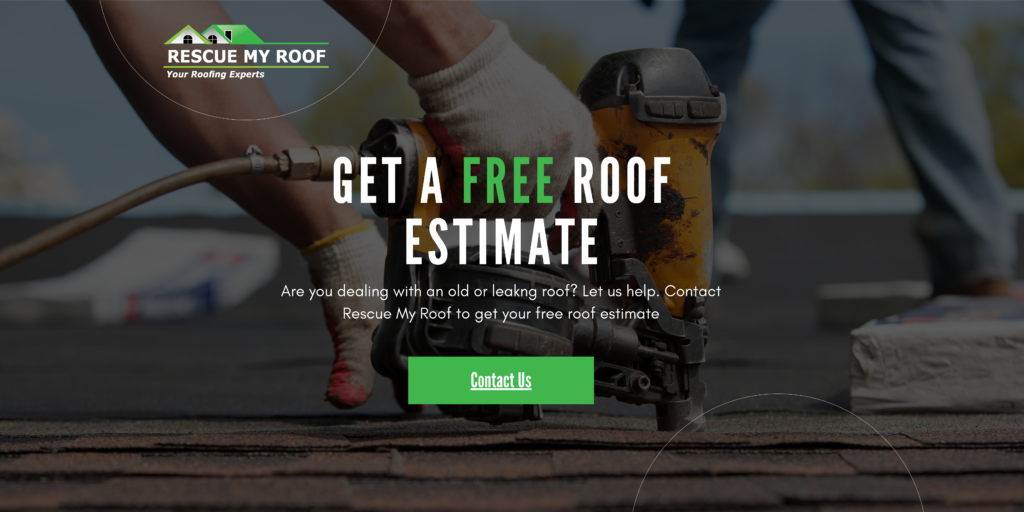The Benefits of a 50-Year Roof Warranty
We’ve said it before, and we’ll say it again: HGTV makes this whole home-improvement thing look easy.
There is so much more to tackling a big home project like installing a new roof than simply picking a shingle color that will add to your home’s curb appeal.
Sure, shingles are important. But there are also payment options, ventilation, and warranties.
Don’t worry if you don’t have any experience with warranties- whether it be on a roof or other home appliances. Many of the clients Rescue My Roof works with have no idea either, and that’s why we walk them through the process.
We’re here to walk you through the process as well- even if we’re not your roofing contractor.
We understand that a lot of the jargon and technicalities of a roof replacement, like warranties, can be a lot to wrap your mind around. Especially when it comes to picking between different warranty options, like a 15 year or 30-year warranty, and whether or not they are prorated or non-prorated.
Is your head spinning yet? It’s a lot to take in. But we’re going to break down the benefits of a 50-year warranty so that you end this article with a clearer vision of if it might be the best option for you.
What is the Difference Between a Prorated and Non-Prorated Roof Warranty?
There are many different types of warranties available. So what exactly is a 50-year warranty, and why does prorated or non-prorated matter?

Prorated Roof Warranties
Imagine this: you buy a new roof and pick a prorated warranty. Then 15 years later, you find that you need a new roof once again (which is rare, but just for this scenario, let’s say it happens).
In those 15 years since the initial roof replacement, the cost of the shingles has gone up. Because you originally picked a prorated warranty, you would have to pay the difference between the original cost of the shingles and the price that they are the second time around.
This is because prorated warranties only cover the prices of the initial roof installation. So if the prices of materials go up-you will end up paying that difference. So, in the end, if you need any repairs, your roof will only be partially covered by the warranty.
Additionally, prorated warranted do not cover labor, tear-off, or dumpster fees. The customers will be responsible for those.
If you don’t imagine your home to be a forever home, or you renovate houses and then sell them and don’t foresee having to take care of roof maintenance down the road, the prorated option may be best for you.
Non-Prorated Roof Warranties
Maybe you see yourself living in your forever home, and you want roof coverage that will last a lifetime.
Non-prorated warranties would be the best option for you.
Imagine that same scenario, where you replace a roof, and 15 years down the road, you have to replace it again.
The prorated warranty forced you to cover the differences between the material costs and labor. A non-prorated warranty covers 100% of the replacement cost.
With a non-prorated warranty, you won’t pay anything – even if the prices on materials increase.
This is why if you imagine staying in a home forever, this is the best option for you. You won’t have to pay for the cost of repairs or a replacement for 50 years.
In other words, non-prorated warranties offer the best coverage for your home.
50-Year Warranties are Transferable
Now that you know the difference between prorated and non-prorated warranties, it’s time to get to the good part: why 50-year warranties may be the best warranty for you.
Typically, 50-year warranties, regardless of prorated or non-prorated, are transferable.
This means that if it turns out that your property isn’t your forever home and you decide to sell, the warranty will transfer to the next owners.
However, there’s a catch: the transferable warranty ends after 15 years. So if you sell your house within that 15 years, the warranty will transfer to the subsequent owners so they will receive the rest of the 50-year coverage.
If you don’t sell it within 15 years, they won’t get those benefits.
Additionally, it is only transferable one time. This means if the house continues to get sold over-and-over within the 50 years, only two owners will benefit from the warranty.
You’ll Never Lose a 50-Year Roof Warranty
All warranties are ensured through the material manufacturer rather than the roofing contractor.
The material manufacturer ensures you receive warranty coverage benefits even if your roofing contractor goes out of business.
Even if the warranty transfers to a new homeowner within the 15-year deadline, the manufacturer will still ensure it.
So if you’re worried about the roofing contractor closing its doors soon, there’s no need to fret. Your warranty is safe and sound in the manufacturer’s hands.
There Is An Initial Fee For Warranties
Warranties are fantastic because they mean you’ll either pay very little or nothing at all with any repairs or replacements.
However, warranties come at a cost. When you install a new roof and are offered a warranty, you could be paying an additional $500-$1,000 up-front depending on the one you choose.
But considering the cost of repairing a roof- or replacing it- can run thousands of dollars, it is a small price to pay to ensure the longevity of your roof.
Even if you don’t foresee the roof having issues in the future, it might be an ideal price for peace of mind that your roof is covered no matter what.
Is a 50-Year Roof Warranty Best for Me?
This article should clarify what a 50-year prorated, and non-prorated warranty is and if it is the best choice for you when buying a new roof.
Consider these questions:
- Is this my forever home?
- Do I foresee myself moving in the future?
- Am I going through a reputable roofing company with a lot of experience?
- Do I live in an area known for high wind speeds or severe weather?
All of these questions play a factor in choosing the best warranty for you. Let’s break it down.
If this is your forever home, and you don’t see yourself moving anytime soon, then having that 50-year warranty would be the best for you. You’d get coverage for a lifetime, and even if you do move, that coverage is transferable.
If you’re on the fence about your roofing contractor, a 50-year warranty is best for you. You want to make sure you are covered in any repairs you might need to make in the long run.
The same can be said for living in areas with severe weather. Things like high wind speed, hail damage, long-term exposure to the elements, and more can lead to roof damage. This damage can be covered- as long as you have good homeowners insurance and a 50-year warranty.
Before you sign that roofing contract, make sure you ask yourself these questions, so you know for sure that paying that additional price for the 50-year warranty is worth it.
Sealing the Deal
You’ve got the information you need, and now you’re a warranty pro… or close to it.
If you don’t live in the Milwaukee area or aren’t quite ready to take the plunge, we still have what you need to learn more about your roofing options.
Read How Much Does a Roof Replacement Cost and How Your Home is Protected During a Roof Replacement to get a clearer idea of how the roof installation process is handled.
If you’re ready to seal the deal and buy a new roof, warranty and all, and live in the greater Milwaukee Area, Rescue My Roof is ready to serve.
We offer free roof inspections and estimates, so take advantage of it today and book an appointment with us.


